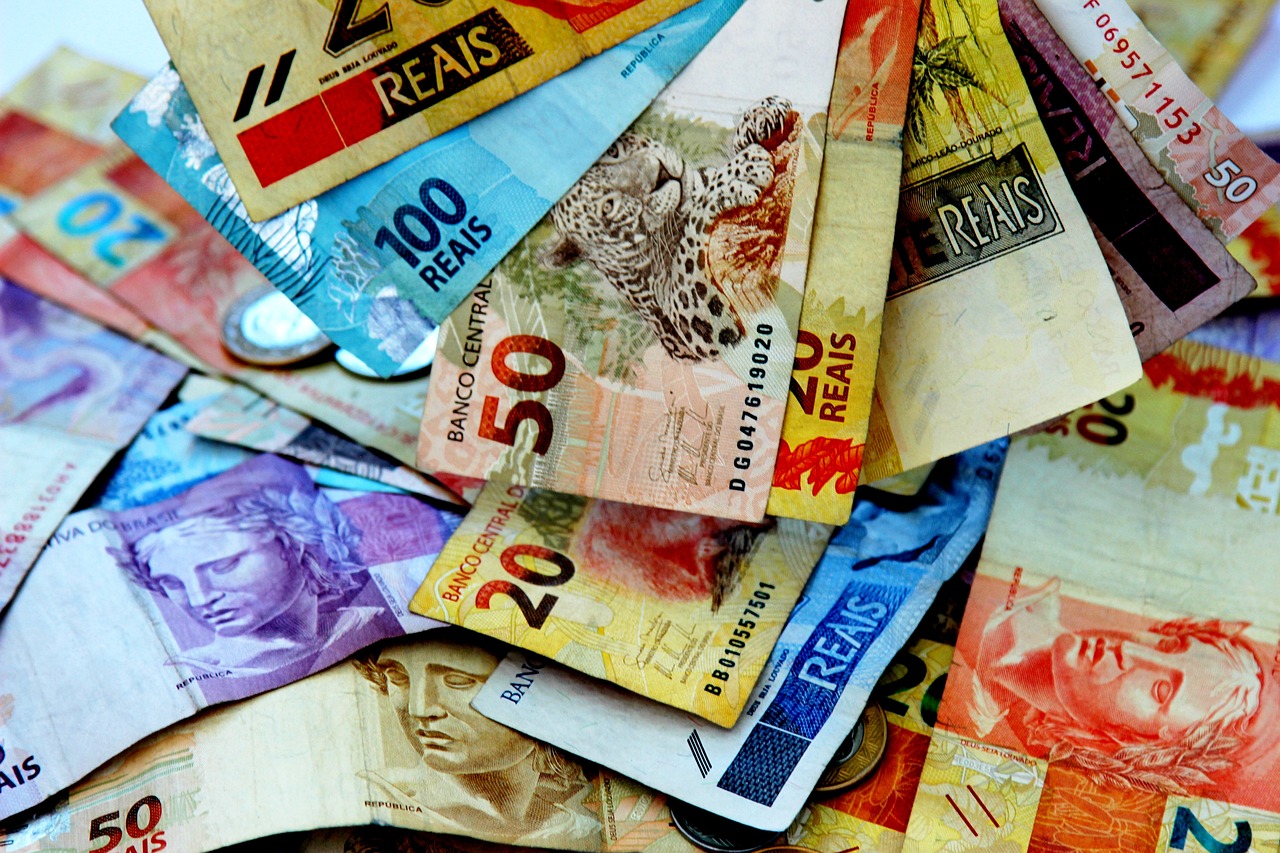Uncovering the Mystery behind IBAN Bank Numbers: 5 Important Things You Need to Know
GPT_Global - 2024-01-17 06:30:02.0 667
Why do some countries not use IBAN bank numbers?
The International Bank Account Number (IBAN) is a standardized system used by many countries to facilitate international financial transactions. However, there are still several countries that do not use IBAN bank numbers. This can pose a challenge for remittance businesses, as they may have to use different systems for each country they operate in.
One of the main reasons why some countries do not use IBAN bank numbers is because they have their own unique bank identifier codes. For example, the United States uses the nine-digit American Bankers Association (ABA) routing number and Canada uses the Canadian Payments Association (CPA) routing number. These systems have been in place for a long time and are well-established, making it difficult for them to switch to IBAN.
Another reason is that IBAN was initially created for European countries and has only recently gained popularity in other parts of the world. Some countries may not see the need to adopt IBAN as they already have efficient systems in place for their own domestic and international transactions.
In addition, there may be regulatory barriers that prevent certain countries from using IBAN. Each country has different laws and regulations surrounding banking and finance, and this can affect their ability to adopt IBAN. It may require significant changes and investments to implement IBAN, which some countries may not be willing or able to do.
Despite these challenges, it is important for remittance businesses to adapt to the growing use of IBAN. As more and more countries adopt this system, non-IBAN countries may feel pressure to follow suit in order to stay connected to the global financial market. In the meantime, remittance businesses can continue to provide services to these countries by utilizing alternative methods and staying up-to-date on any changes or developments.

Can two different banks have the same IBAN number?
When it comes to international money transfers, IBAN numbers play a crucial role in ensuring that funds reach the intended recipient. But can two different banks have the same IBAN number? The answer is no.
IBAN stands for International Bank Account Number and is a unique identifier for bank accounts used in the European Union, as well as several other countries around the world. Each IBAN consists of a country code, check digits, and a bank account number, making it a long and complex string of characters.
Due to its complexity and specific structure, it is virtually impossible for two different banks to have the same IBAN number. In fact, IBANs are generated based on a standardized algorithm, which ensures their uniqueness.
Moreover, every bank is assigned a unique bank identification code (BIC) or SWIFT code, which is also used in combination with the IBAN to identify the correct financial institution. This further reduces the chances of two banks having the same IBAN number.
Having a unique IBAN number is crucial for remittance businesses as it helps to avoid errors, delays, and potential fraud. If an IBAN number is incorrect, the transaction will likely be rejected by the receiving bank, causing inconvenience and possible financial losses for both the sender and the recipient.
In addition to being unique, IBANs are also designed to be easy to read and validate, making them efficient and reliable for international transactions. With the increasing use of digital and online banking, having a unique and valid IBAN number is more important than ever.
In conclusion, while two different banks may have similar names or branches in different countries, they cannot have the same IBAN number. As a remittance business, always ensure that you provide the correct and unique IBAN number for your customers' transactions to avoid any issues or complications.
Is an IBAN bank number unique to each account holder?
The IBAN (International Bank Account Number) is a unique identification number that is assigned to each bank account holder. This number is used for international transactions and is recognized by banks all around the world.
In the remittance business, IBAN plays a crucial role in ensuring that money transfers are processed accurately and efficiently. When sending money internationally, the sender needs to provide the recipient's IBAN along with their account details. This ensures that the funds are transferred to the correct recipient without any errors or delays.
One of the major advantages of using an IBAN is that it reduces the risk of errors and fraud. As the number is unique to each account holder, it is nearly impossible for someone to use the wrong IBAN for a transaction. This also helps in keeping personal and financial information secure as unauthorized individuals won't be able to access the account using the wrong IBAN.
Additionally, IBAN numbers can also help in the swift processing of international transactions. As the number provides detailed information about the recipient's bank and branch, it speeds up the process of routing funds to the correct destination. This reduces the time and cost involved in international money transfers, making it a preferred option for businesses and individuals alike.
In conclusion, IBAN bank numbers are unique to each account holder and are essential for international money transfers. They provide increased security, efficiency, and accuracy, making them an integral part of the remittance business. So the next time you're sending or receiving money internationally, make sure to use the correct IBAN to ensure a seamless transfer process.
How do I know if my IBAN bank number is correct?
If you are sending or receiving money internationally, it is important to ensure that the IBAN number you are using is correct. IBAN stands for International Bank Account Number and is a standardized international numbering system used by banks to identify accounts for cross-border transactions.
What is an IBAN number?
An IBAN number is a unique combination of letters and numbers that identifies a specific bank account in a particular country. It typically consists of up to 34 characters, including the country code, bank code, branch code (if applicable), and account number. The purpose of the IBAN is to make cross-border transactions more efficient and secure.
How do I know if my IBAN number is correct?
The easiest way to check if your IBAN is correct is by using an IBAN checker tool. These can be found online and are provided by various banks and financial institutions. Simply enter your IBAN number into the tool and it will verify its validity. You can also confirm the accuracy of your IBAN by contacting your bank directly.
What happens if I use the wrong IBAN number?
If you use an incorrect IBAN number, your transaction may be rejected or delayed. This can result in additional fees and charges, as well as frustration and inconvenience for both the sender and the recipient. It is important to double check the IBAN before initiating any international transactions.
In conclusion
Having the correct IBAN number is crucial for smooth and secure international transfers. Always double check the accuracy of your IBAN before initiating any cross-border transactions. If you are unsure about your IBAN, contact your bank or use an online IBAN checker tool for verification.
Are there any fees associated with using an IBAN bank number?
There are generally no fees associated with using an IBAN bank number for remittance services. IBAN, or International Bank Account Number, is a standardized system used by many banks worldwide to process international wire transfers. It is a unique identifier assigned to each bank account and includes the recipient's country code, bank code, branch code, and account number. One of the main advantages of using an IBAN bank number is that it streamlines the remittance process by providing accurate and efficient transfer of funds. It eliminates manual errors and reduces the possibility of delays or rejections in the transfer. This ensures that your money is delivered to the intended recipient in a timely and secure manner. Additionally, using an IBAN bank number for remittance can save you money in the long run. As IBAN is a standard format used by many countries, it eliminates the need for multiple intermediary banks to convert the funds to local currencies. This results in lower transaction fees and exchange rates, ultimately saving you money on international transfers. Another benefit of using an IBAN bank number is that it allows for easy tracking and monitoring of your transactions. Each transfer made using an IBAN number is accompanied by a unique reference number, making it easier for both the sender and receiver to track the status of the transfer. In summary, there are no fees associated with using an IBAN bank number for remittance services. This system offers a convenient, cost-effective, and secure method of transferring funds internationally. Its standardized format also makes it easier to track and monitor your transactions, giving you peace of mind knowing that your money will reach its intended destination smoothly and efficiently.
About Panda Remit
Panda Remit is committed to providing global users with more convenient, safe, reliable, and affordable online cross-border remittance services。
International remittance services from more than 30 countries/regions around the world are now available: including Japan, Hong Kong, Europe, the United States, Australia, and other markets, and are recognized and trusted by millions of users around the world.
Visit Panda Remit Official Website or Download PandaRemit App, to learn more about remittance info.



